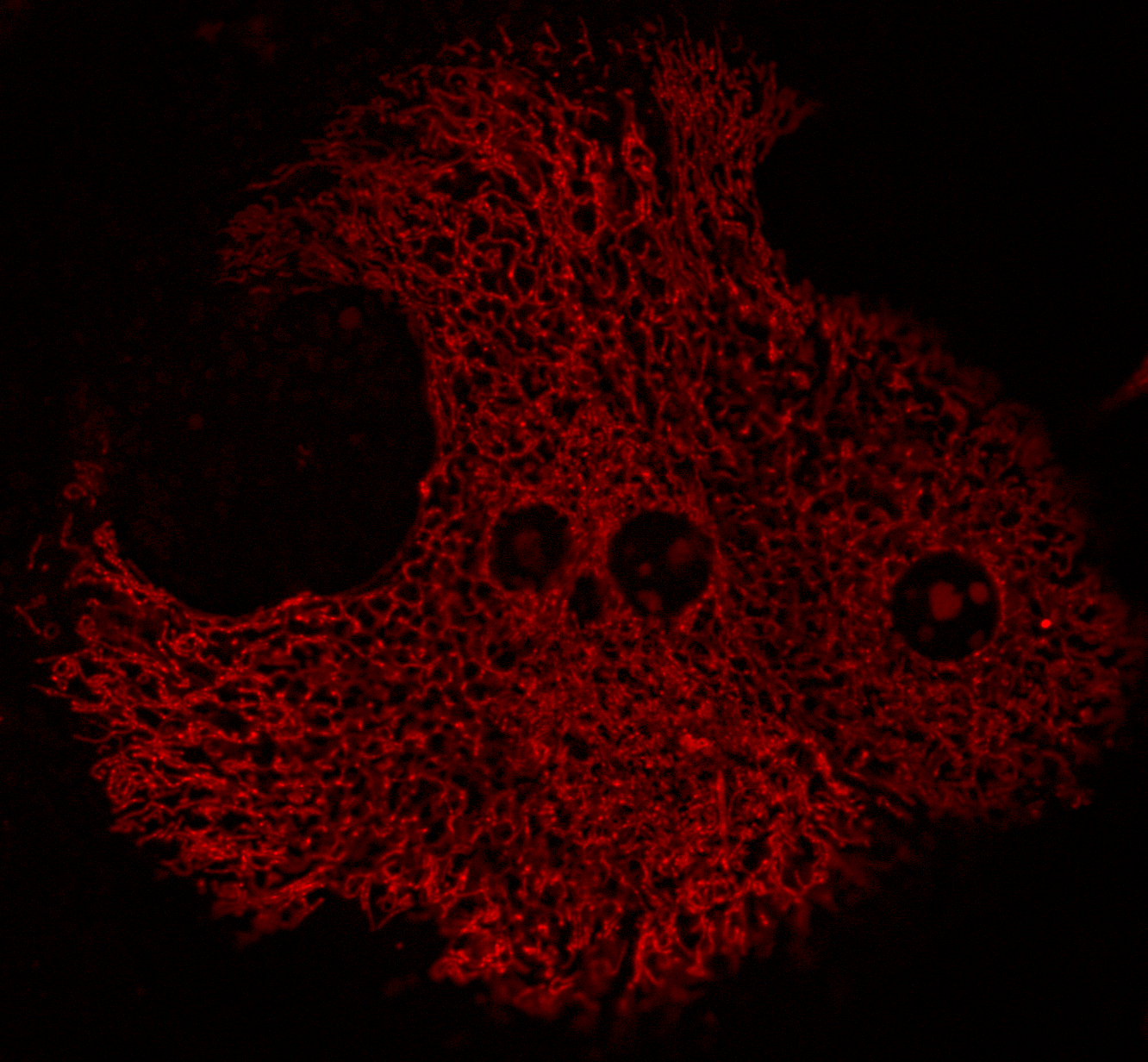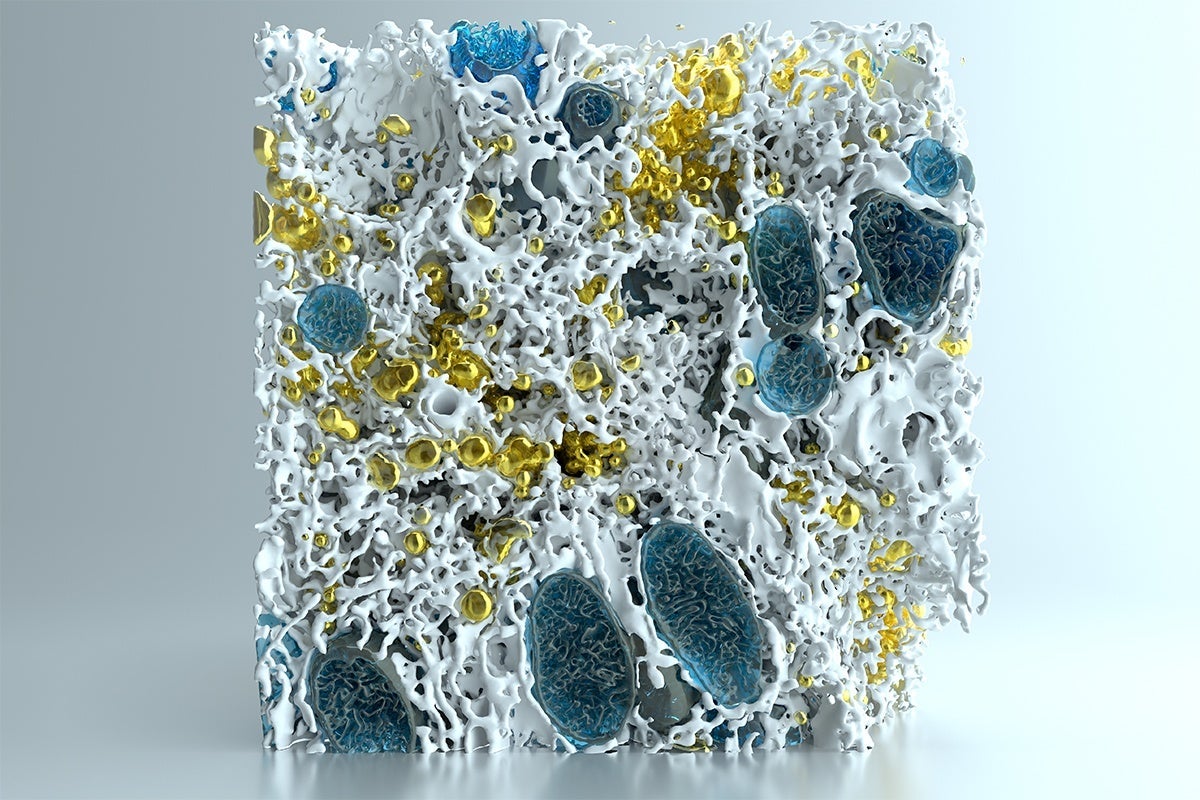Hotamışlıgil Lab
Through the lens of metabolism, the Hotamışlıgil Lab explores the basic mechanisms of metabolic and immuno-metabolic adaptations and how they play a causal role in obesity and age-related diseases, the greatest threats to global public health. Through this approach, our research hopes to create pathways towards a disease-free life in a healthier world.
665 Huntington Avenue
Building 1
Boston, MA 02115

The Hotamışlıgil Lab
Metabolism is the most ancient and fundamental process in all living history. Metabolism is the combination of all chemical reactions that occur within cells, ensuring proper function and survival. As such, proper metabolic functioning is paramount for overall health.
Who we are
Our Research
The Hotamışlıgil Lab studies innate adaptive pathways involved in metabolic health and diseases such as obesity, diabetes, hepatosteosis, lung and cardiovascular diseases.
For the past 30 years, the lab has made important contributions to the field of “immunometabolism” or “metaflammation” studying the interactions between metabolic and immune responses as critical drivers of numerous chronic diseases. We also discovered novel lipid and peptide hormones that are critical for metabolic homeostasis and its pathologies. In the last decade, the lab has approached immunometabolism and homeostasis in two broad paths: organelle homeostasis and substrate metabolism in health and disease. Using biochemical, genetic, and physiological studies, the lab aims to convert its fundamental mechanistic discoveries into novel preventive, therapeutic solutions to today’s greatest threats to global human health such as obesity- and age-related chronic diseases. Our work primarily embraces three major areas of research: lipid metabolism, organelle homeostasis, and metaflammation.

Organelle Homeostasis
Understand the essential functions of cellular organelles, especially the endoplasmic reticulum, in maintaining metabolic homeostasis and preventing disorders through their interactions and structures

Metaflammation
Delve into the intricate relationship between energy management, metabolism and immune response, highlighting how chronic metaflammation contributes to widespread metabolic age-related diseases.

Lipid Metabolism
Lipids play a central role in immunometabolic homeostasis and adaptations. We explore biologically active lipids and lipid hormones and the critical role of fatty acid binding proteins (FABPs)


